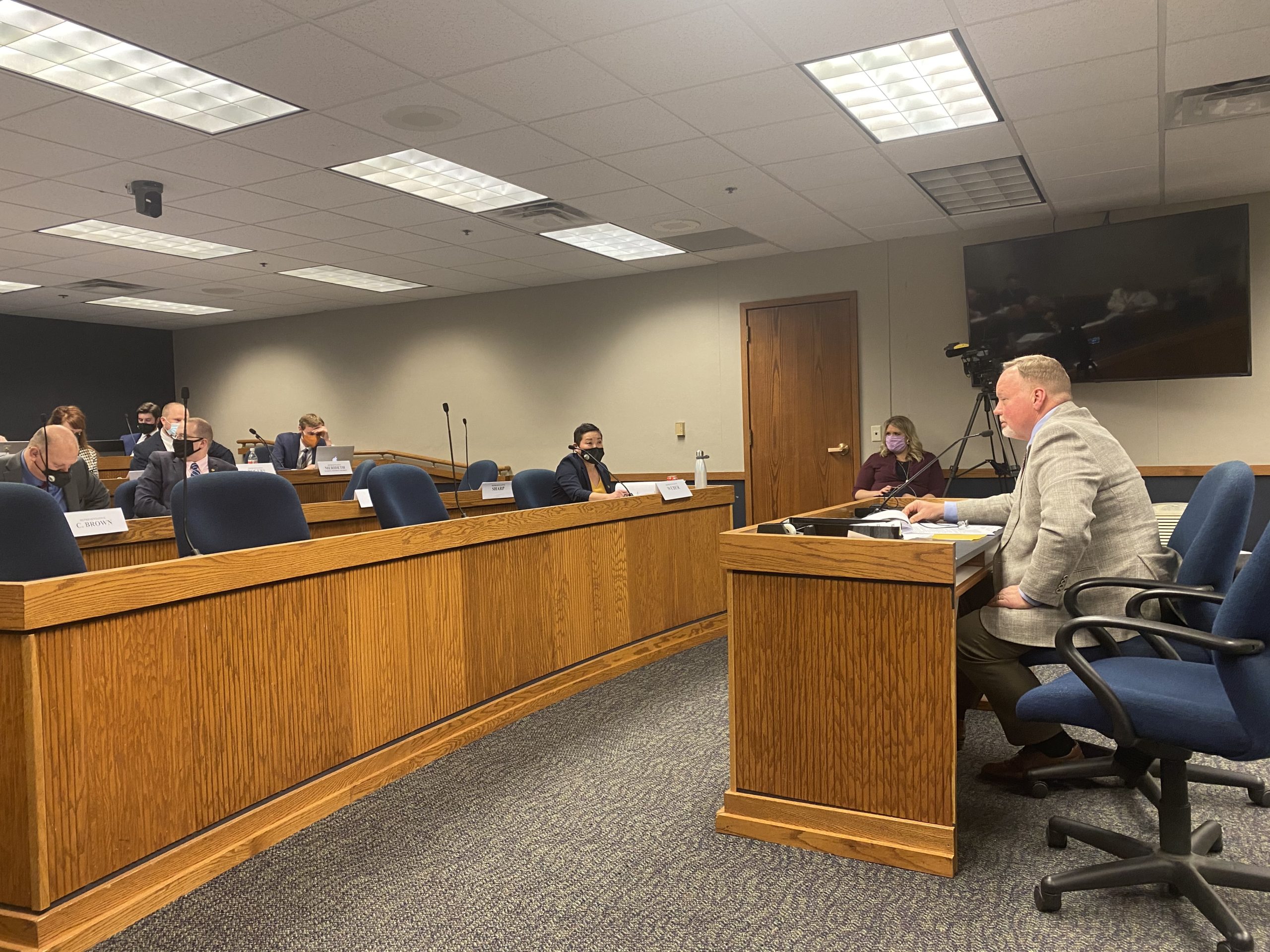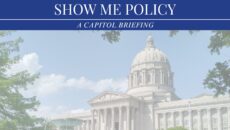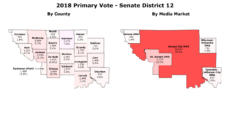JEFFERSON CITY, Mo. — Missouri is joining states across the country in considering legislative measures to prevent social media companies from censoring users.
HB 482 from Rep. Jeff Coleman would establish the “Stop Social Media Censorship Act.” The bill would prohibit social media platforms with at least 75 million users from censoring political or religious content and allow injured parties to seek up to $75,000 in statutory damages unless the speech is found to be obscene, from a false impersonation, or enticing violence.
Coleman presented his bill before the House General Laws Committee during a marathon hearing Monday evening, the first of three pieces on the same subject. Coleman said his bill would allow Missourians to contest what he considered to be a breach of contract from juggernauts like Facebook and Twitter.
“This bill basically gives the residents of Missouri a voice,” Coleman said. “It creates a private right of action and allows them to take these social media companies to court and to sue when that company censors them.”
Coleman and attorney Christopher Sevier fielded questions from the committee on social media terms of service, the designation of obscenity and hate speech, and the subjectivity of content for more than an hour. Sevier said there were similar bills moving through 29 states, including South Carolina and North Dakota, with many handled by Democrats. Three other witnesses spoke in support of the bill Monday evening.

Social media companies, particularly after the insurrection at the U.S. Capitol earlier this year, began to crack down on users. Former President Donald Trump was banned from Facebook and Twitter in the wake of the riots.
“Aside from legislation like this making social media websites completely unusable, they’re blatantly unconstitutional under the First Amendment,” Shoshana Weissmann, a fellow at the R Street Institute in Washington, D.C., told The Missouri Times. “Just as there is no ‘hate speech’ exception to the First Amendment, which applies to government actions, the government also cannot mandate ‘hate speech’ — or any speech in particular — remaining on the platforms created by private companies. The proposal is chilling, bizarre, and unconstitutional.”
A similar piece, Rep. Hardy Billington’s HB 932, would make similar changes while including a provision that would make a site that includes its status as a publisher in its terms of service to escape liability.
A third version from Rep. Curtis Trent, HB 783, would require platforms to clearly define prohibited content in a separate agreement from their terms of service and notify users when updating their standards. Platforms would also not be able to remove old content based on new terms. Companies failing to hold to those requirements would face a $100 fine from the attorney general for a first violation, $200 for a second, and $1,500 for the third.
Richard Brownlee testified in opposition of the bills on behalf of Google, noting the complexity of the topic.
“This is the internet; it goes everywhere in the world, and for us to have to deal with this on a state-by-state basis, it literally borders on the impossible,” he said. “This is a very complicated issue with a lot of far-reaching implications. I’m always reluctant to say this is something that really deserves study and debate and careful thought, and this does.”
Committee members and witnesses noted that social media was a complicated issue and said discussion over these bills would continue through later hearings.
This story has been updated.

























